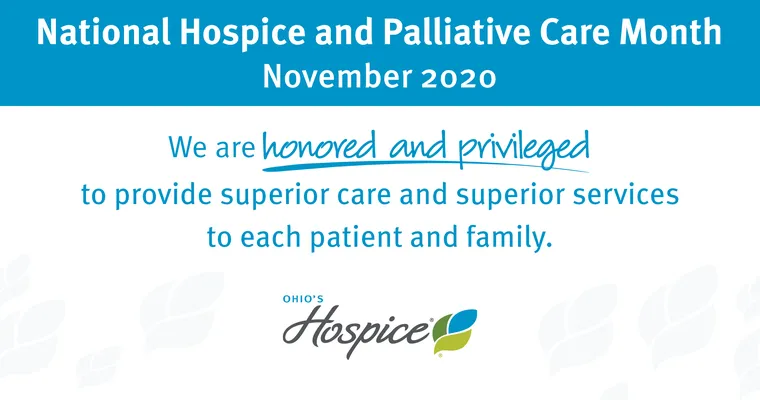Navigating the journey of serious illness can be emotionally challenging for both patients and their families. One of the most important discussions that may arise during this time is about "hospice care". Understanding when to broach the topic of hospice care can significantly impact the quality of life for patients and provide much-needed support for their loved ones. This article will help you identify the right time to initiate this critical conversation.
The decision to consider hospice care is often prompted by a noticeable decline in a patient's health status. When curative treatments no longer provide the desired outcomes and the focus shifts toward "comfort care", it may be time to discuss the benefits of hospice services. Indicators such as increased hospital visits, unmanageable pain, or significant weight loss can signal that a patient may benefit from hospice support.
Another factor to consider is the patient’s prognosis. If a healthcare provider indicates that the patient has a limited life expectancy, it is an opportune moment to explore hospice care. This is not only about end-of-life care; hospice also emphasizes enhancing the quality of life and providing emotional and spiritual support, which can be invaluable during this time.
Timing is crucial, and it is essential to approach the conversation with sensitivity. Many families delay discussing hospice care due to fear of associating the discussion with giving up hope. However, hospice care is about providing "dignity" and "comfort" in the final stages of life, rather than hastening death. By framing the conversation around the goal of improving the patient's quality of life, families can feel more at ease with the idea of hospice services.
In addition, consider the emotional readiness of both the patient and the family. It is important to gauge how open the patient is to discussing their illness and care preferences. If they express feelings of being overwhelmed or confused about their condition, it may be a good time to introduce the idea of hospice care as a supportive option.
Family dynamics also play a significant role in this discussion. If family members are divided on the decision to pursue hospice care, it may be beneficial to involve a healthcare professional who can provide guidance and clarify misconceptions. An open dialogue facilitated by a doctor or a social worker can help families understand that hospice care is a compassionate choice that allows for a more peaceful transition.
In conclusion, knowing when to broach the topic of hospice care is vital for ensuring that patients receive the compassionate support they need during their final stages of life. Recognizing the signs of declining health, understanding the patient’s prognosis, and being sensitive to emotional readiness are key components in this important conversation. By addressing the topic of hospice care thoughtfully, families can make informed decisions that honor their loved ones’ wishes and provide comfort and dignity during a challenging time.





